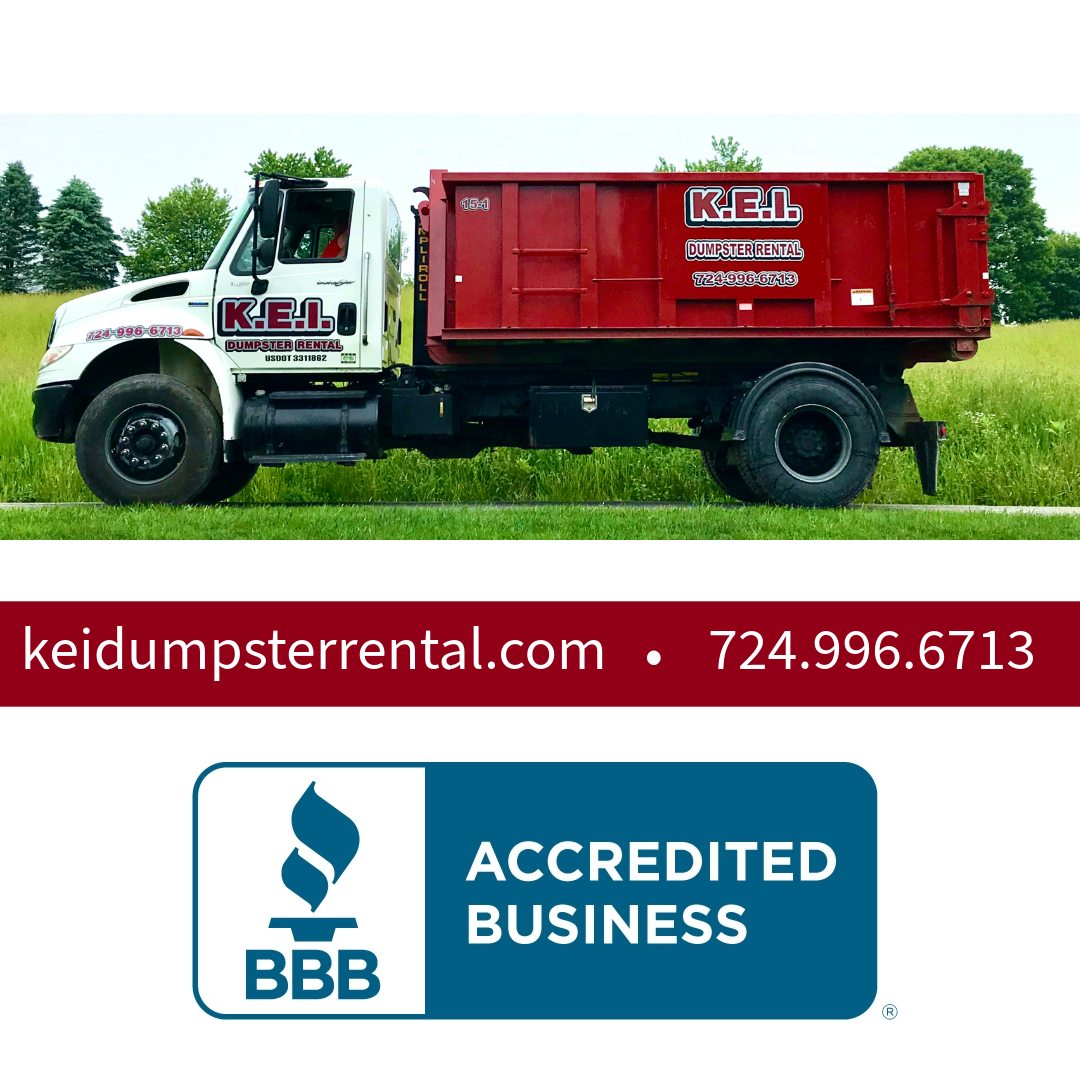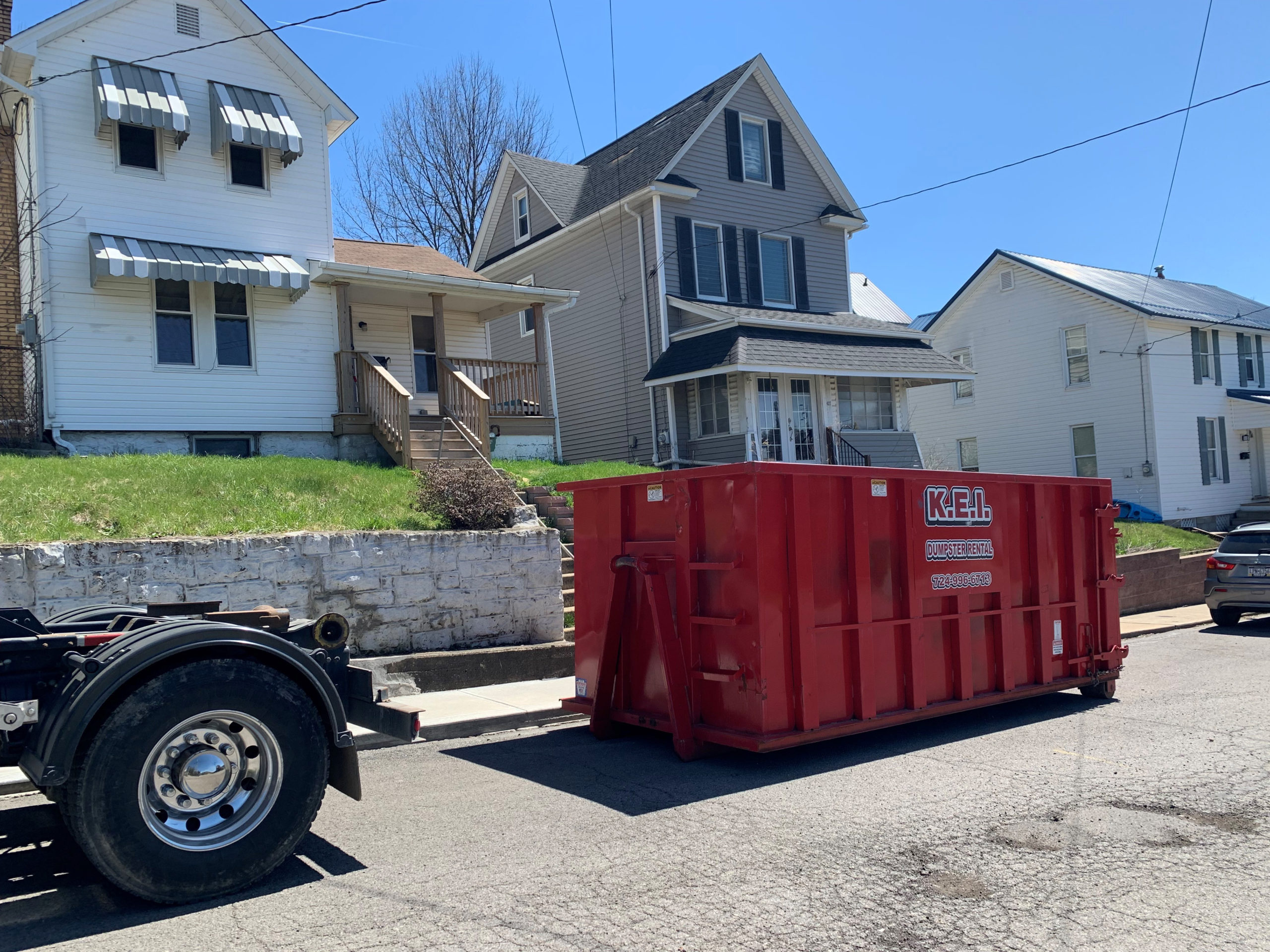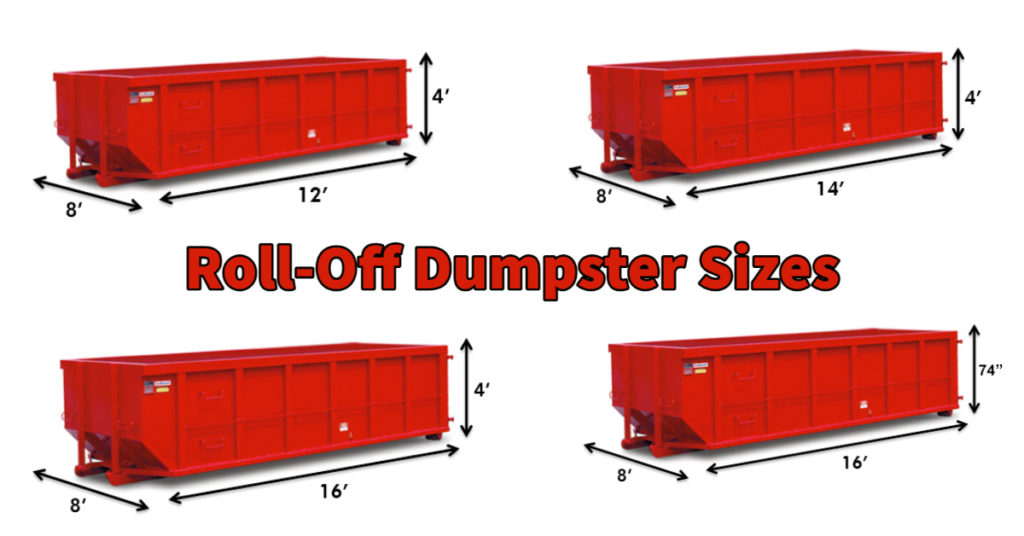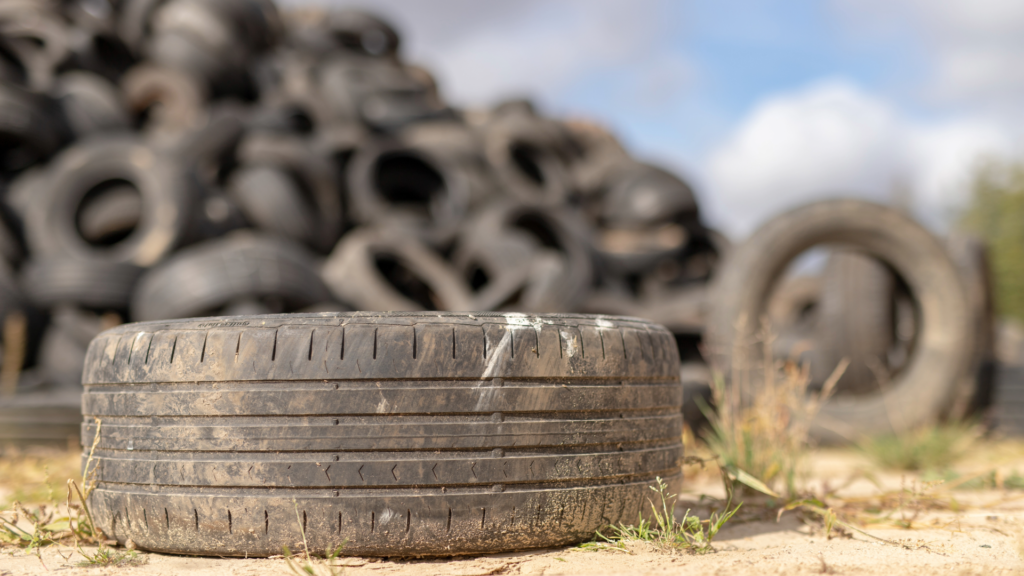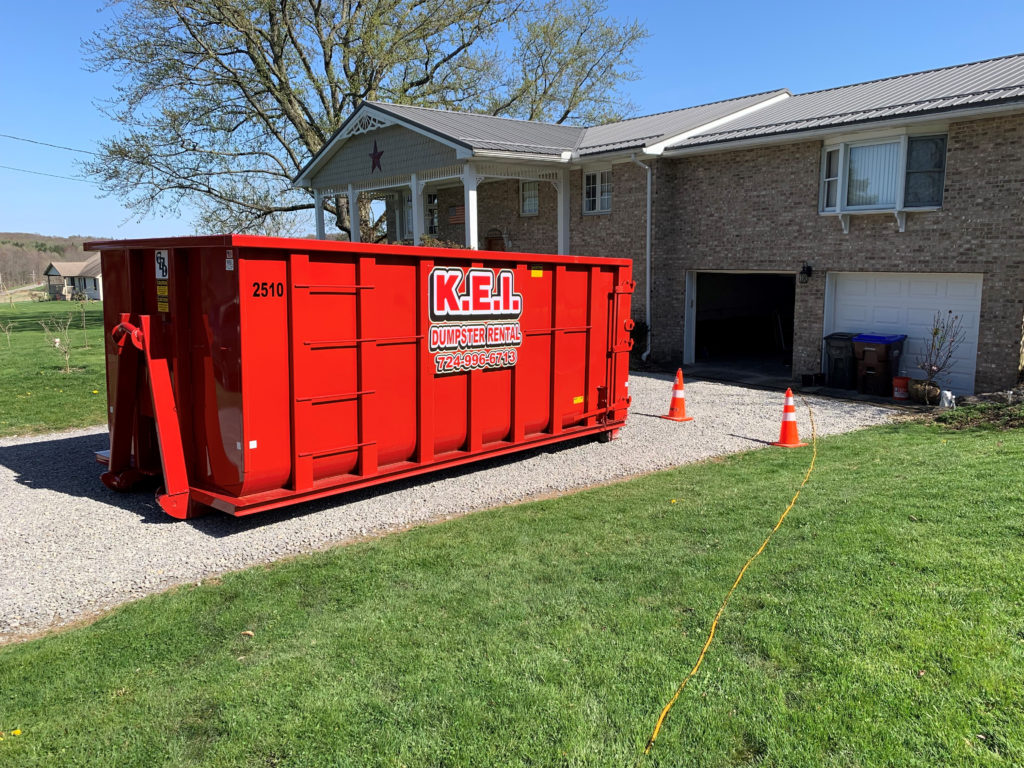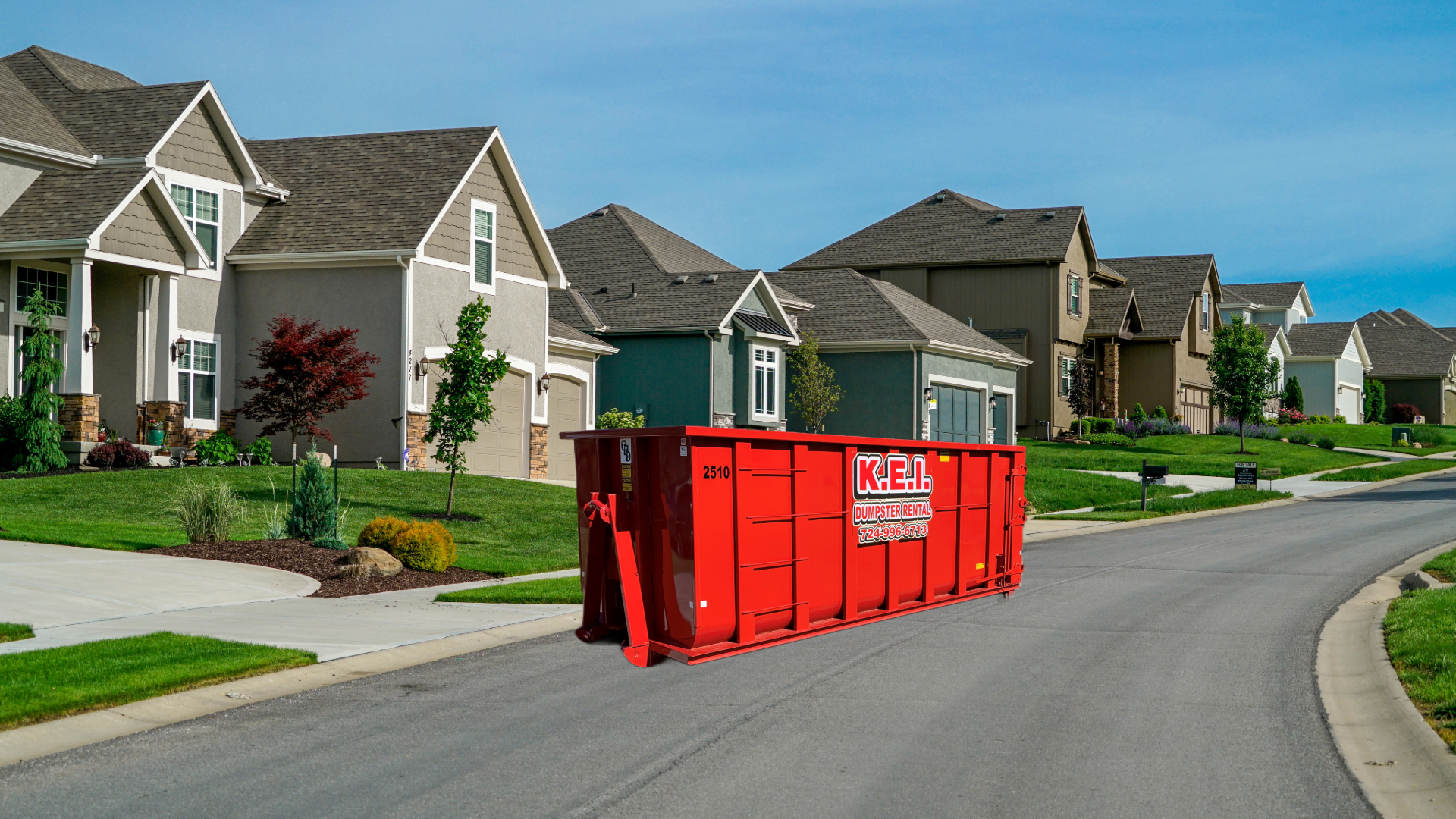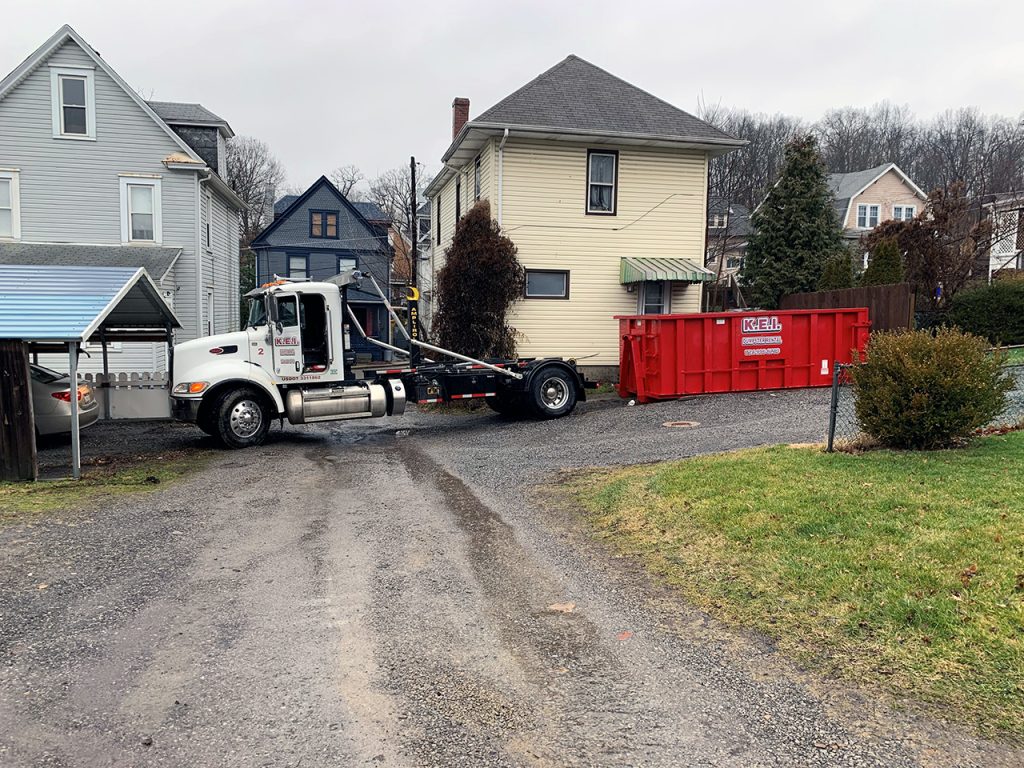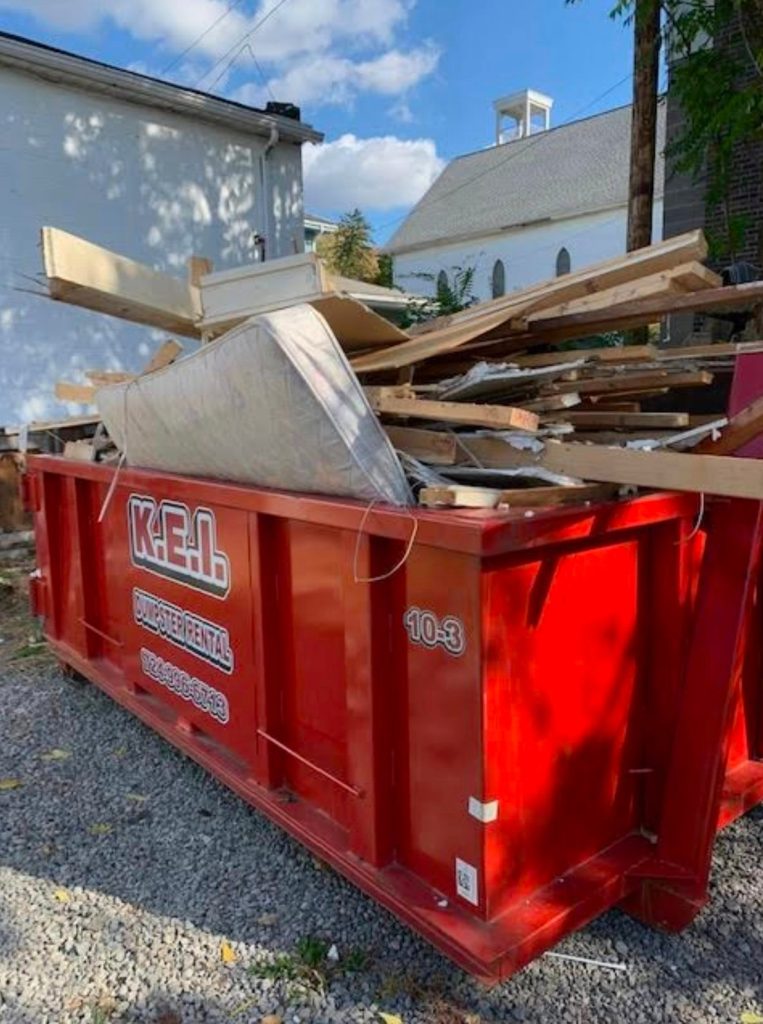Renting a roll-off dumpster can be a game-changer for various projects, whether you’re undertaking a major home renovation, clearing out clutter, or managing a large-scale event. Here are the top 20 reasons to rent a roll-off dumpster:
- Convenience:
- Roll-off dumpsters provide a convenient and centralized location for waste disposal, saving you multiple trips to the landfill.
- Home Renovations:
- Large home renovation projects generate substantial debris. A roll-off dumpster can handle everything from drywall and flooring to old fixtures and construction waste.
- Spring Cleaning:
- Decluttering your home can be overwhelming. A roll-off dumpster allows you to dispose of unwanted items efficiently, making spring cleaning a breeze.
- Yard Waste:
- Landscaping projects often produce a significant amount of yard waste, including branches, grass clippings, and soil. A dumpster can accommodate all your green waste.
- Moving:
- Moving is an excellent opportunity to purge items you no longer need. Renting a dumpster simplifies the process by providing an easy way to dispose of unwanted belongings.
- Roofing Projects:
- Roof replacements generate a lot of waste, including old shingles, underlayment, and nails. A roll-off dumpster ensures a safe and efficient disposal solution.
- Demolition:
- Whether you’re demolishing a small shed or a large building, a roll-off dumpster can handle the heavy debris and keep your worksite clean and organized.
- Construction Sites:
- Construction sites produce various types of waste. Roll-off dumpsters provide a practical way to manage construction debris, keeping the site safe and efficient.
- Commercial Cleanouts:
- Businesses often need to clear out old inventory, office furniture, and equipment. A roll-off dumpster simplifies commercial cleanouts and helps keep the process organized.
- Estate Cleanouts:
- Handling an estate cleanout can be emotionally and physically taxing. Renting a dumpster makes it easier to sort and dispose of items quickly and respectfully.
- Event Clean-Up:
- Large events, such as festivals, concerts, or fairs, generate considerable waste. Roll-off dumpsters provide a centralized disposal point, making post-event clean-up efficient.
- Home Additions:
- Adding a new room or expanding your home involves construction waste. A roll-off dumpster ensures that all debris is collected and disposed of properly.
- Storm Debris:
- After a storm, you may need to clear away fallen branches, damaged furniture, and other debris. A roll-off dumpster helps you manage the clean-up process effectively.
- Garage Cleanouts:
- Garages tend to accumulate a lot of clutter over time. Renting a dumpster allows you to clear out old tools, broken equipment, and other unwanted items.
- Bathroom Remodels:
- Bathroom remodels produce waste such as old tiles, bathtubs, sinks, and toilets. A roll-off dumpster can handle all these items, simplifying your remodel project.
- Kitchen Remodels:
- From old cabinets and countertops to flooring and appliances, kitchen remodels generate substantial waste. A roll-off dumpster provides a convenient disposal solution.
- Basement Cleanouts:
- Basements often become storage areas for unused items. Renting a dumpster helps you clear out the clutter and reclaim your basement space.
- Attic Cleanouts:
- Like basements, attics can also become cluttered. A roll-off dumpster makes it easy to dispose of old boxes, furniture, and other items stored in your attic.
- Large-Scale Community Cleanups:
- Community clean-up events benefit from roll-off dumpsters, providing a centralized location for volunteers to dispose of collected trash and debris.
- Recycling Projects:
- If you’re undertaking a significant recycling effort, such as collecting scrap metal or recyclable materials, a roll-off dumpster provides a large and secure collection point.
Conclusion
Renting a roll-off dumpster is a versatile solution for a wide range of projects. It simplifies waste management, keeps your site clean, and ensures that debris is disposed of properly. Whether you’re tackling a home renovation, organizing a community event, or clearing out clutter, a roll-off dumpster can make the process more efficient and stress-free. Contact your local dumpster rental company today to find the right size and service for your needs, and enjoy the convenience and benefits of having a roll-off dumpster on hand.

